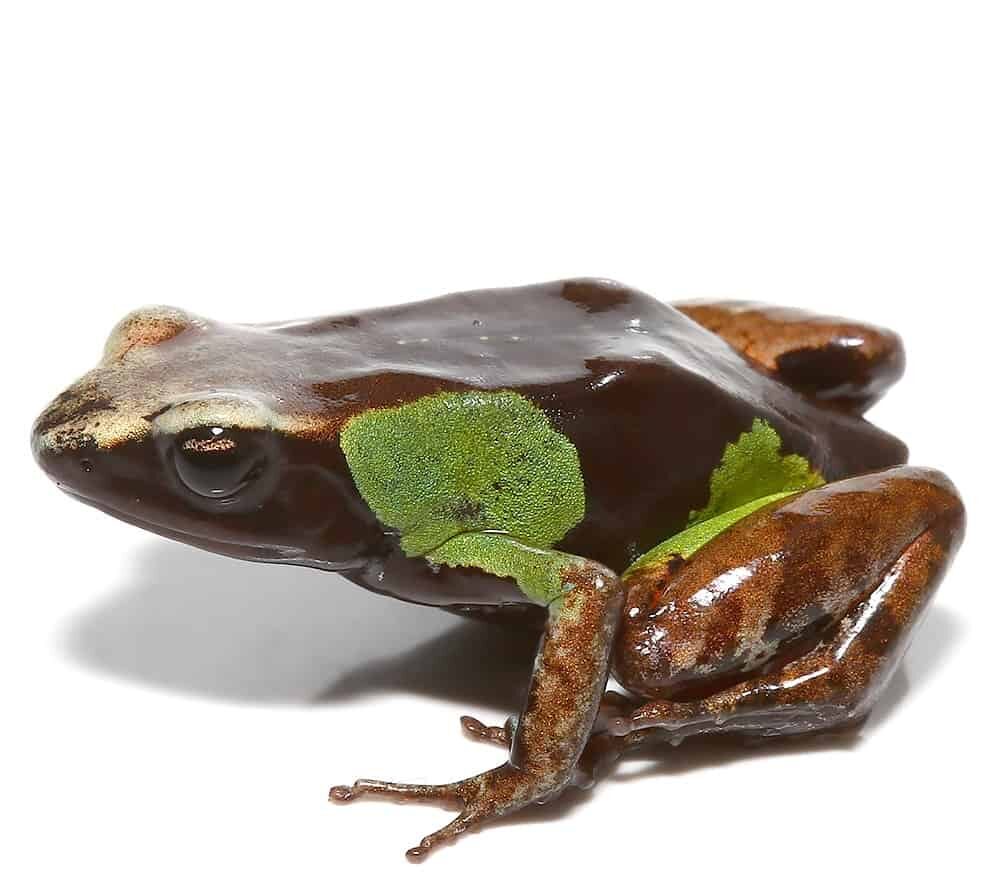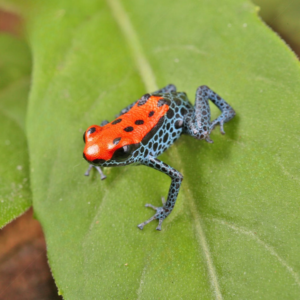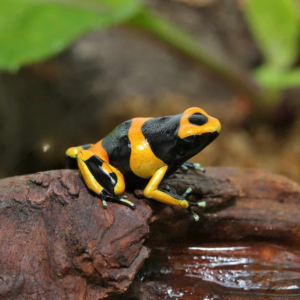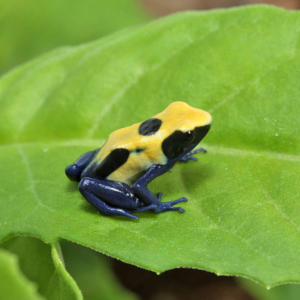Beautiful Mantella For Sale
The Beautiful Mantella, scientifically known as *Mantella aurantiaca*, is a strikingly colorful amphibian indigenous to the rainforests of Madagascar. This small frog, typically measuring around 3 to 4 centimeters in length, is renowned for its vibrant orange and yellow hues, which serve as a warning to potential predators about its toxicity. The skin of the Beautiful Mantella contains potent alkaloids, which are derived from its diet of insects and small invertebrates. This chemical defense not only adds to its vibrant appearance but also plays a crucial role in the survival of the species in its natural habitat.
Habitat destruction, primarily due to deforestation and habitat fragmentation, poses a significant threat to the Beautiful Mantella. The tropical rainforests of Madagascar are being increasingly encroached upon for agriculture, logging, and mining, leading to a decline in suitable environments for these frogs. Consequently, the Beautiful Mantella has been classified as endangered, prompting conservationists to advocate for habitat preservation and restoration efforts. Captive breeding programs have also been initiated to help sustain populations in the wild, as researchers work to educate local communities on the importance of biodiversity and the unique role that each species plays in the delicate ecosystem of Madagascar.
In addition to its ecological importance, the Beautiful Mantella has become a symbol of Madagascar’s rich biodiversity and the urgent need for conservation measures. Its striking appearance has garnered attention from both scientists and nature enthusiasts, fostering increased interest in amphibian research and the preservation of endemic species. By highlighting the plight of the Beautiful Mantella, we can better understand the broader implications of environmental degradation and the necessity of protecting our planet’s diverse species. As efforts continue to protect this remarkable frog and its habitat, the Beautiful Mantella stands as a testament to the interconnectedness of all life forms and the critical need for sustainable practices that honor our natural world.





Reviews
There are no reviews yet.